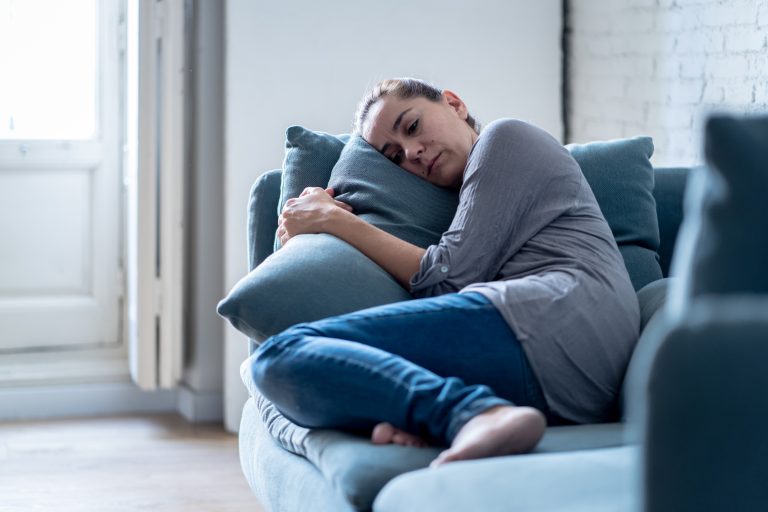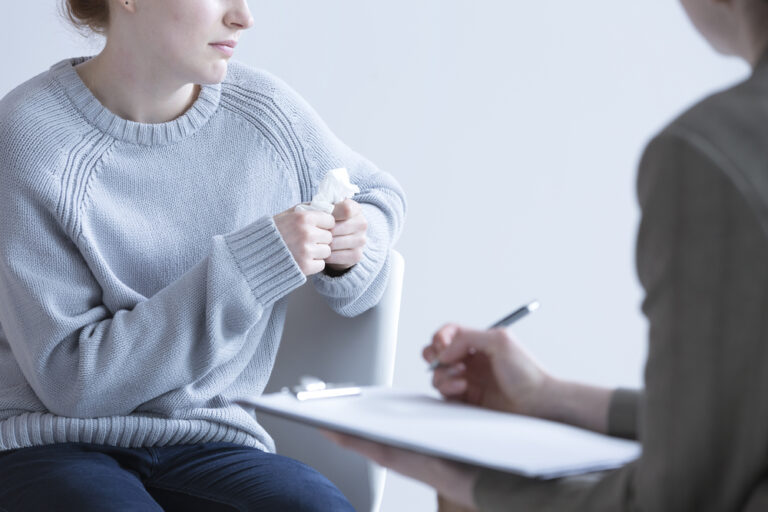Self-care refers to an enlightened, ongoing effort taken by someone to preserve and improve their physical and mental health and wellness. Research from the National Institutes of Health shows that awareness, self-control, and self-reliance are central when utilizing self-care to optimize health and well-being. When undertaken correctly, self-care can reduce stress and the risk of illness and even boost energy levels and immunity. In fact, self-care is crucial these days, given the ongoing emotional challenges created by threats of recession, lingering COVID issues, the war in Ukraine and the related economic and geopolitical issues and environmental concerns. Millions of people are now experiencing increased stress, burnout, exhaustion, anxiety and depression and it’s really important they understand the value of self-care.
Self-care can improve your physical health, reduce stress and anxiety and result in improved moods, quality of life and relationships. The benefits can also include improving your health in such a manner that allows you to be a better friend and family member for those you love and cherish in your life.
Most of us experience times in life when we just don’t feel like doing anything. In fact, that’s one of the reasons why so many people struggle with procrastination! Having said that, some people can feel so low that they can’t even get out of bed, or do their job or enjoy anything in life. When that happens, there is a strong likelihood that they’re dealing with a medical condition known as depression. This is a condition when self-care can be crucially important. After all, sometimes we are our own best advocate. In those times, there are a number of ways to use self-help to make things better. Making sure you see your doctor is crucial, since arranging for medical treatment can be the highest form of self-care. Other examples include exercise, which can be very positive for your health and mood, such as taking a nice brisk walk or doing some jumping jacks. Eating healthy, regular meals is also important, as is drinking plenty of water to avoid dehydration. Limiting caffeinated drinks such as coffee can be very helpful, since they often create anxiety. Making sure you get a good night’s sleep is another example of excellent self-care. And it really helps to put aside all the screens that give off blue light, such as phones, iPads and computers. And finally, practicing gratitude can go a long way when it comes to self-care. This involves reminding yourself on a regular basis of the good things in your life. You can even write them down to help them sink in.
If you consistently don’t feel like doing anything, then it’s time to seek the help of a professional. For example, Lethargy can be a very painful and destructive condition. And it can be an indication that it’s time to see a mental health professional. The amount of time is not what’s important necessarily, it’s more the negative impact that not feeling like doing anything is having in your life and those around you. If you’ve reached a point where your lethargy is having a destructive impact on your health, well-being, career, and relationships, then it’s time to see your doctor.
In conclusion, millions of Americans and millions of others around the globe struggle with a gamut of mental and physical health conditions. These often result in exhaustion, which people should learn to take as a signal to seek out help. They may need the help of a doctor or they may need to re-juggle their own priorities and schedule to allow for more time for exercise and sleep and eating right. Obviously, avoiding drugs and alcohol and smoking is always a good idea, and another example of self-care.






